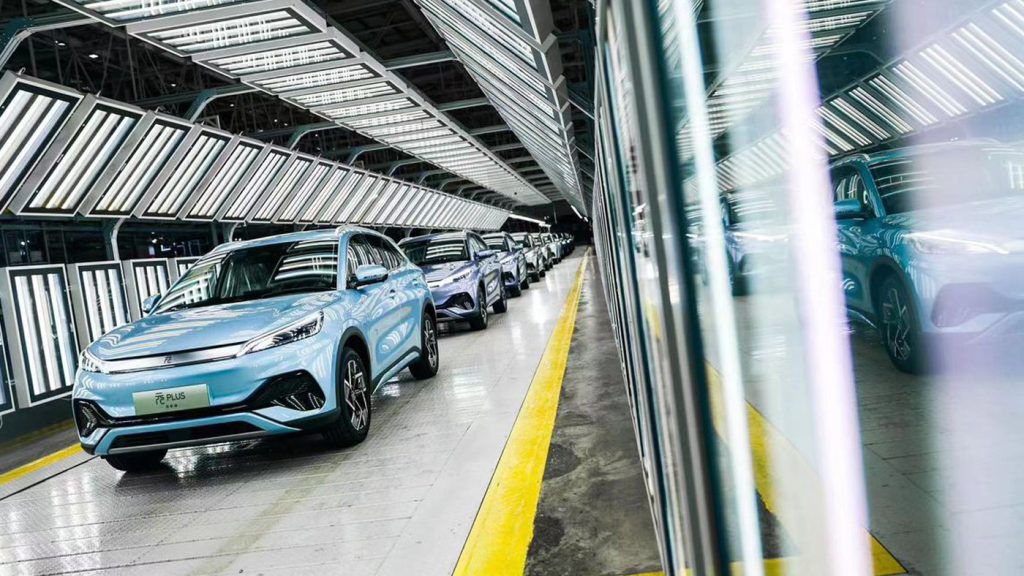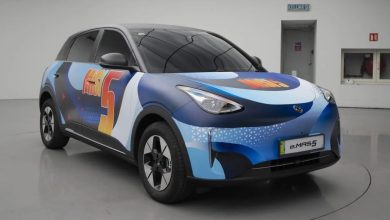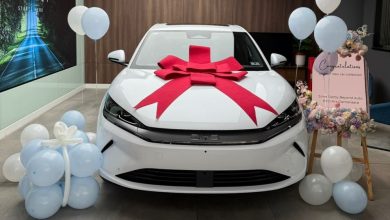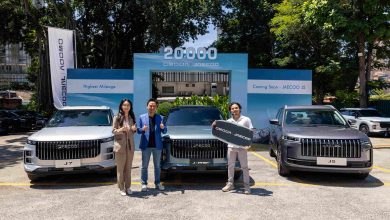The EV Price War In China Is Still Going Strong In 2025
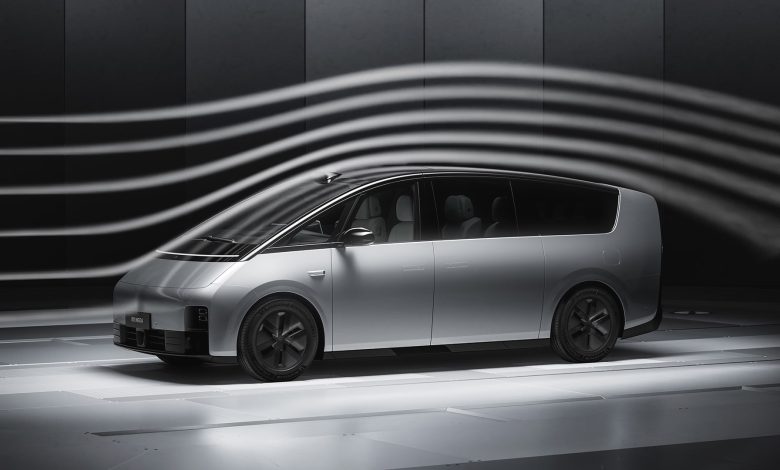
Li Auto and Nio follow Tesla and BYD in offering substantial discounts on their EVs in China in the new year.
It appears that old battles are still being played out in the new year, as EV price war in China still seems to be going strong in 2025.
Chinese EV manufacturers are still very much on the gas in offering aggressive pricing strategies and incentives in this new year, prolonging the fierce competition that has dominated the world’s largest automotive market since 2023. And the likes of Li Auto and Nio are just the latest to launch their own raft of substantial buyer incentives for February 2025, following the precedent previously set by both Tesla and BYD.

Li Auto’s latest incentive includes significant cash subsidies of 15,000 yuan (RM 9,000) per vehicle, complemented by an attractive three-year zero-interest financing package. Nio meanwhile has introduced a five-year zero-interest financing program for both its Nio and Onvo EV product lines, which it touts would save buyers up to 30,000 yuan (RM 18,000).
As for BYD, the current biggest fish in the pond over there continues to offer substantial discounts reaching 11.5% on its Song Pro DM-i PHEV and Qin Plus EV. Tesla on the other hand, which incidentally initiated the price war in the first place, is continuing to offer a 10,000 yuan (RM 6,000) discount on Model Y financing and an 8,000 yuan (RM 5,000) insurance subsidy for new Model 3 orders.
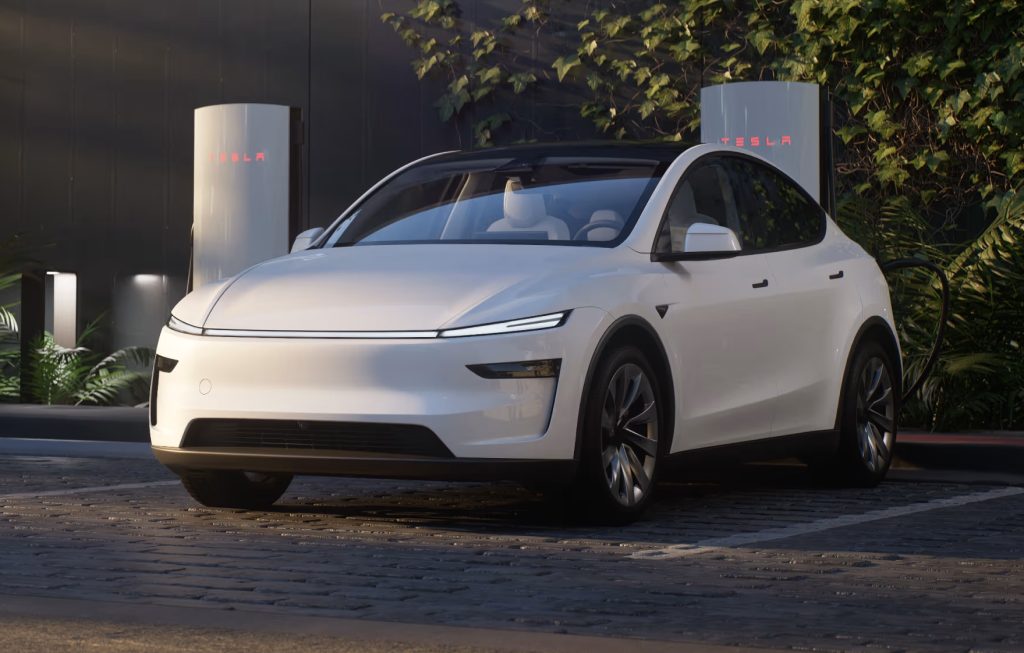
In supporting these manufacturer initiatives, the Chinese government has also since approved 3 trillion yuan in special treasury bonds for fiscal stimulus, partly directed toward subsidy programs. Local governments are also contributing to the incentive landscape, with cities like Nanjing implementing subsidies reaching 4,000 yuan (RM 2,400) per vehicle purchase in 2025.
These newly-introduced manufacturer incentives are to operate alongside existing government support programs, which have already benefited over 5.2 million vehicle purchases as of mid-December last year. The intense price competition however has impacted the sector’s profitability, with the automotive retail sales also showing a worrying 0.7% year-on-year decline in the first eleven months.
